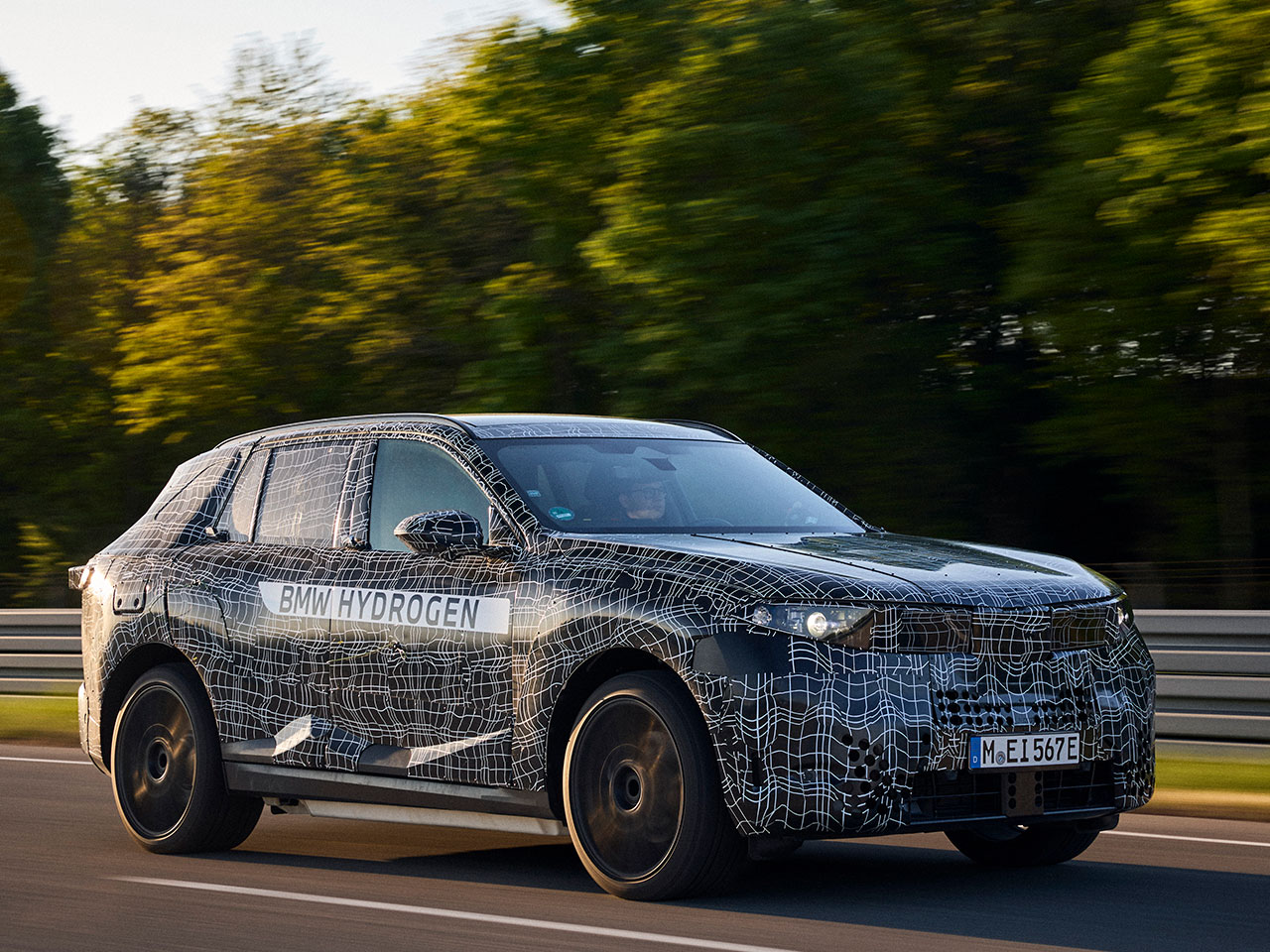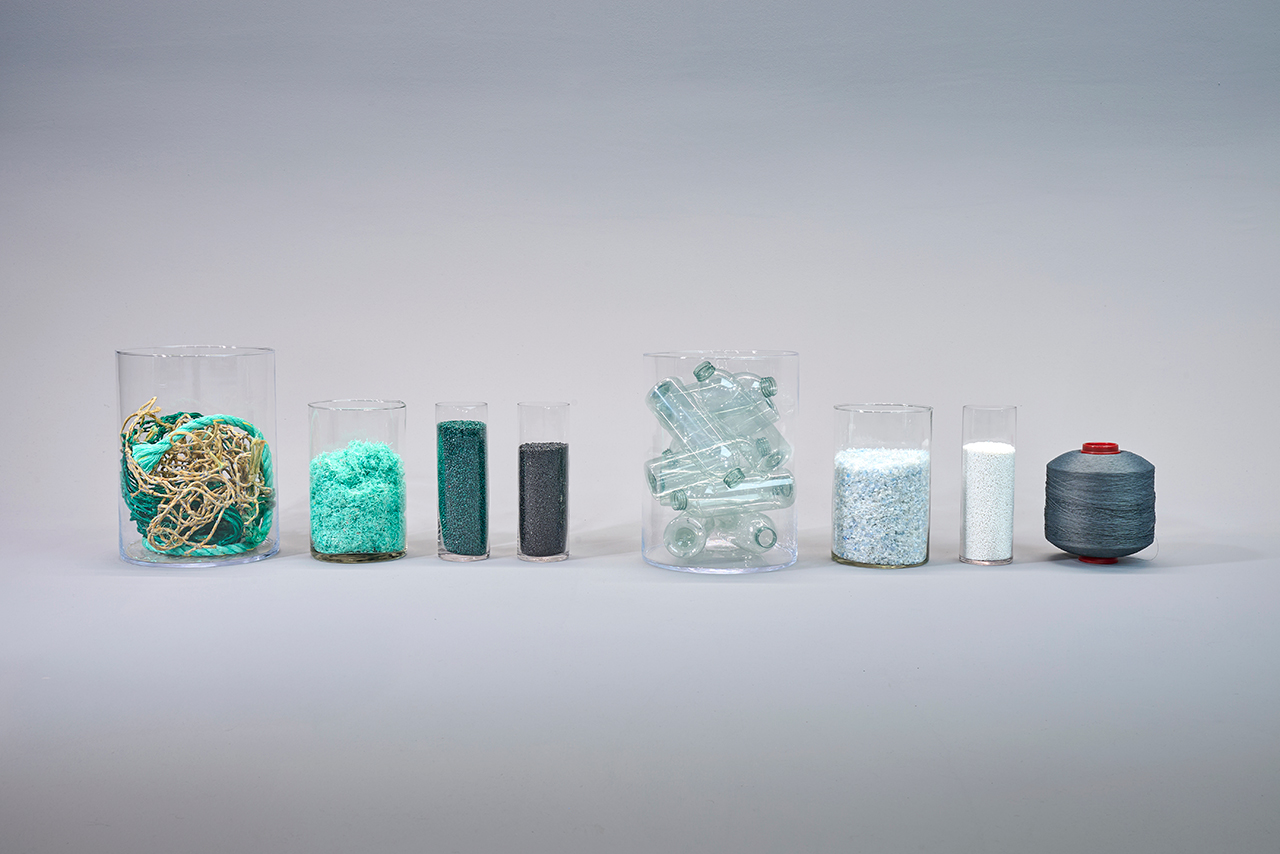The BMW Group is making sustainability and resource efficiency central to the company’s strategic direction. Chairman of the Board of Management of BMW AG, Oliver Zipse, announced initial details of this strategic direction and presented the targets the company has set itself for the phase up to 2030. The BMW Group is building on a strong foundation: Over the past years and decades, the company has repeatedly set standards in terms of sustainability. The principle of continuous improvement will remain at the heart of the strategy to reduce CO2 emissions and increase resource efficiency.
The measures at a glance:
- Board of Management and executive management will be measured against new sustainability targets
- First-ever CO2 goals for full lifecycle up to 2030
- Science-Based Targets form basis for new goals
- Far-reaching product strategy: Major CO2 reduction with more than seven million electrified vehicles
- Carbon emissions from production and sites to be lowered by 80% per vehicle
- BMW Group aims for most sustainable supply chain industry wide
- Circular economy as vision for resource management
- Zipse: “Sustainability and premium will be inextricably linked in the future.”
“I firmly believe the fight against climate change and how we use resources will decide the future of our society – and of the BMW Group. As a premium car company, it is our ambition to lead the way in sustainability. That is why we are taking responsibility here and now and making these issues central to our future strategic direction,” said Oliver Zipse. “This new strategic direction will be anchored in all divisions – from administration and purchasing to development and production, all the way to sales. We are taking sustainability to the next level.”
As part of this process, the BMW Group is setting itself clear targets for CO2 reduction up to 2030. For the first time, these extend throughout the entire lifecycle: from the supply chain through production to the end of the use phase. The aim is to significantly reduce CO2 emissions per vehicle by at least one third across the entire spectrum. For a fleet of around 2.5 million vehicles, as produced by the BMW Group in 2019, this would correspond to a reduction of more than 40 million tonnes of CO2 over the lifecycle in 2030.




















